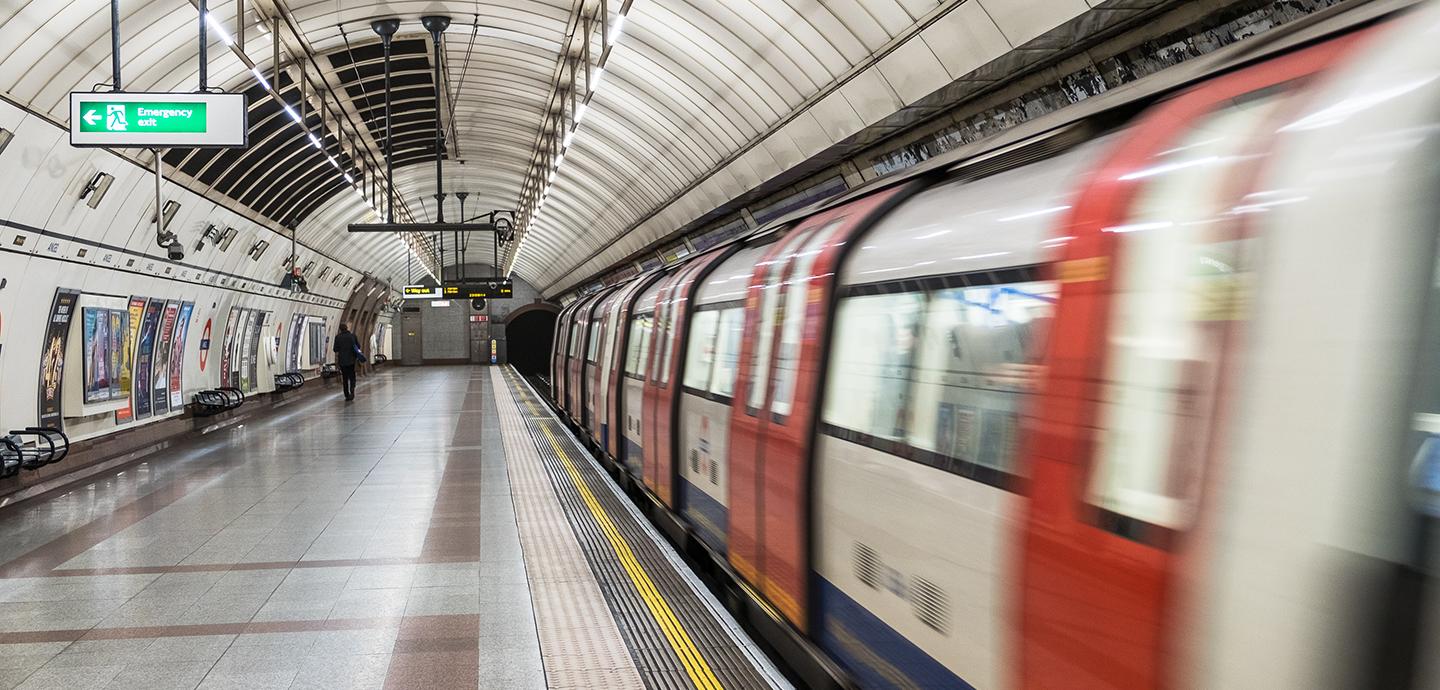Transit and the Pandemic: Mapping a Way Through and Beyond COVID-19

photo / Mediocre Studio on Unsplash
Abstract
Transit agencies worldwide have recently experienced declines in ridership and fare revenue, with agencies previously most dependent upon fare revenue suffering the most. These declines are partially a result of the COVID-19 pandemic and the rise in remote work. Yet, many communities still expect transit agencies to provide a basic level of service for transit-dependent travelers and give "choice riders" an alternative to driving. Transit agencies are also expected to plan for future travel — an uncertainty given changes in work and location patterns. As transit agencies balance these demands, they often rely on multiple revenue sources with restrictive uses — typically operations or capital, but not both — that can greatly hinder finding a good balance.
In this guest lecture, Pamela Herhold, Assistant General Manager of Performance and Budget for the Bay Area Rapid Transit District (BART), will discuss how BART’s ridership and revenue patterns have evolved with the pandemic and how this has affected the way the agency approaches service and capital project planning.
Bio
Pamela Herhold is a lifelong transit rider and dedicated public servant, with nearly 30 years of experience in the public transit industry. At BART, she leads the Executive Office of Performance & Budget, a diverse team focused on the financial health and sustainability of the BART organization. Herhold is responsible for BART's $2.5 billion annual budget, grant development, audit, fare policy, long-term financial planning, and navigating the financial impacts of a pandemic. She received both her master's and undergraduate degrees from the University of Florida.







